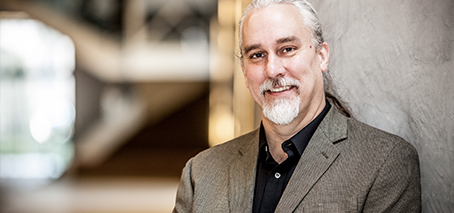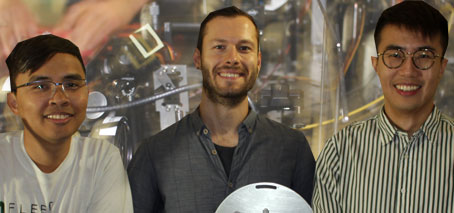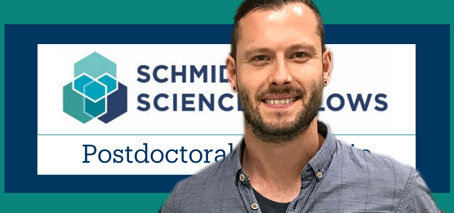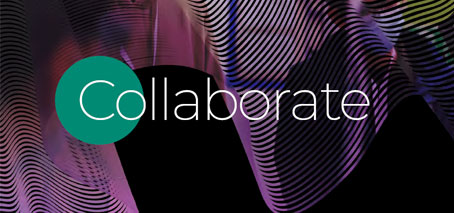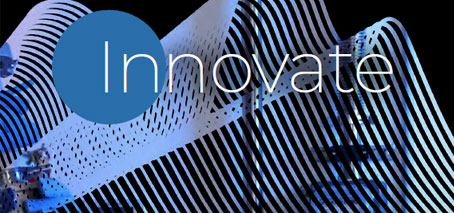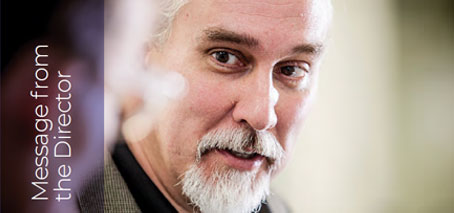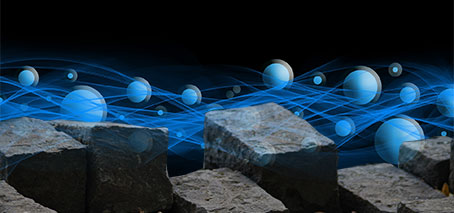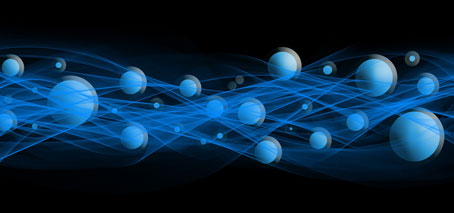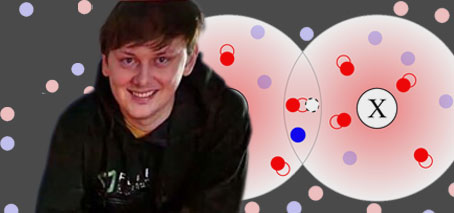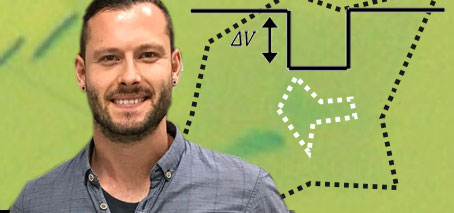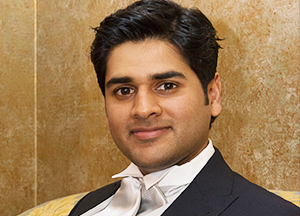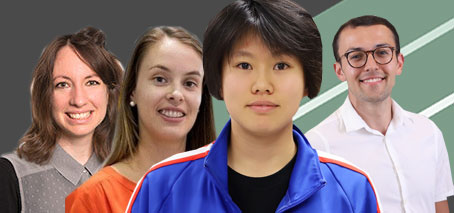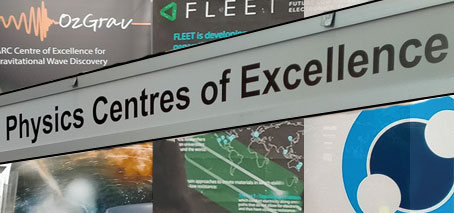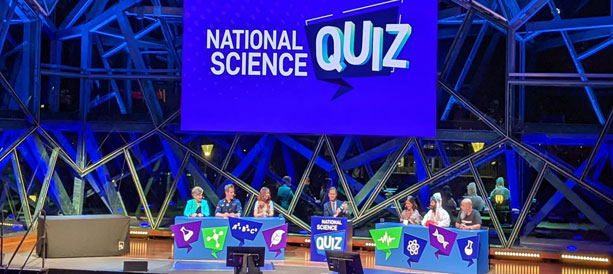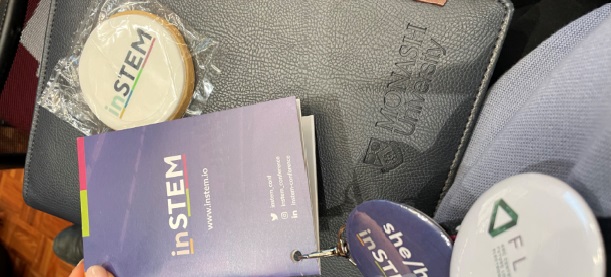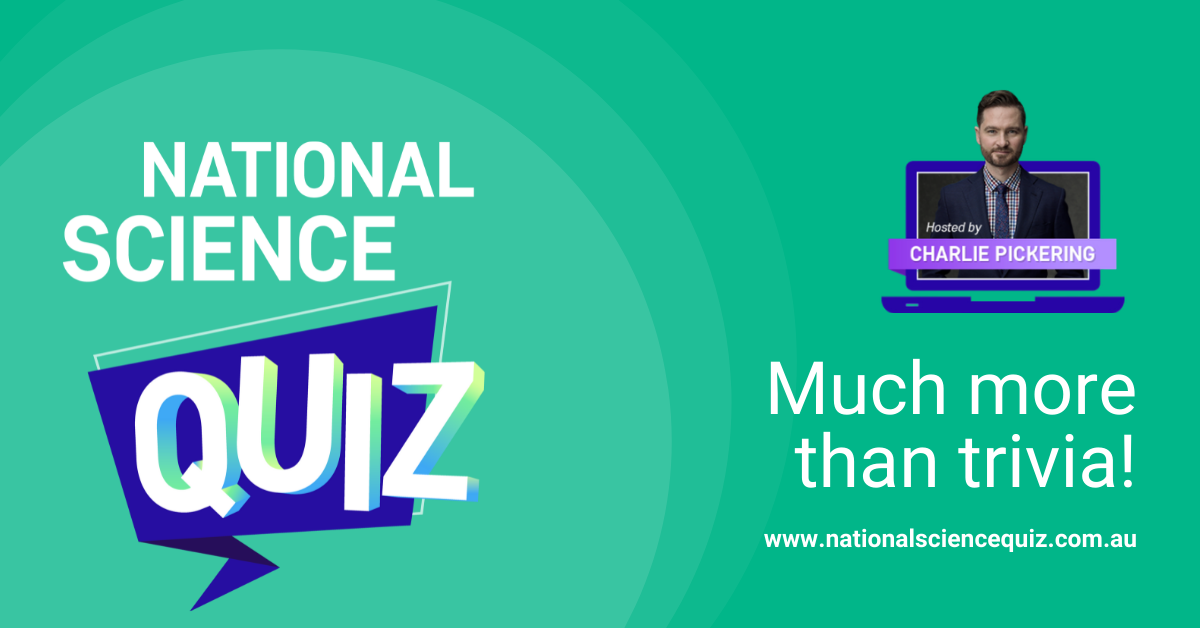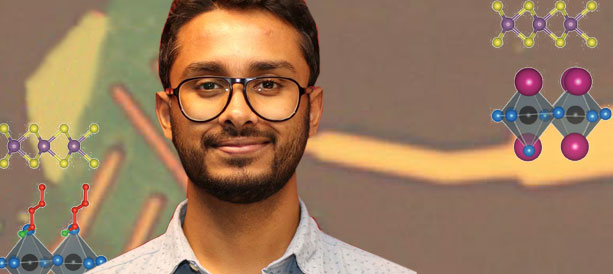About the presenter Mitko Oldfield is an experimental physicist specialising in terahertz time-domain spectroscopy and exciton-polariton condensation, working with A/Prof Agustin Schiffrin and Dr Gary Beane at Monash University within FLEET’s research theme 2 and research theme 3. Mikto’s research focuses on forming a polariton condensate in high Q-factor microcavities through the use of a terahertz pumping beam generated via …
Towards BEC-BKT crossover in a trapped polariton condensate
About the presenter Dr Eliezer Estrecho is a DECRA Fellow at the Australian National University and a Research Fellow of FLEET. His research interests are mainly on exciton-polariton condensates, non-Hermitian physics, and strong light-matter interaction, specifically between electronic excitations (excitons) and photonic modes.
Polariton-electron scattering and trion resonance
About the presenter Sangeet Kumar is a PhD student working with FLEET Associate Investigators Jesper Levinsen and Dmitry Efimkin at Monash University. Sangeet works on Novel exciton-polariton systems for his PhD project to investigate the dynamics of excitons-polaritons in two-dimensional semiconductors, with a particular focus on interactions mediated by strong coupling to light. This work fits in FLEET Research Theme …
Effective dissipative light-matter coupling in nonideal cavities
About the presenter Dr Olivier Bleu is a Postdoctoral Research Fellow working with Prof Meera Parish and Dr Jesper Levinsen at Monash University within FLEET’s Research themes 2: Exciton superfluids. His research interests include Berry curvature and related effects, topological photonics, Bose-Einstein condensates and exciton-polariton physics.
Fermi polaron approach to doped atomically thin semiconductors
About the presenter AI A/Prof Jesper Levinsen is currently an ARC Future Fellow at Monash University. As a theoretical physicist, within FLEET he works on topological Floquet superfluids and on the dynamical manipulation of superfluids with impurities.
Bose-Einstein Condensation effects in semiconductor lasers
About the presenter Dr Pieczarka is an experimental physicist working as an assistant professor at Wroclaw University of Science and Technology (WUST). Maciej works closely with FLEET Partner Investigator Professor Grzegorz Sęk at WUST, seeking high-temperature operation of exciton-polariton lasers based on AlGaAs compounds and additionally investigates the properties of room-temperature condensates light in laser cavities. Maciej has been a …
Berry curvature and strong light-matter coupling in liquid crystal microcavities with perovskites
About the presenter Dr Mateusz Król is a research associate at Warsaw University of Technology.
FLEET Director elected Fellow of the Australian Academy of Science
Leading materials physicist and FLEET Director Prof Michael Fuhrer has been recognised for his contributions to science, elected a Fellow of the Australian Academy of Science. Professor Fuhrer is one of 20 researchers elected as Fellow of the Australian Academy of Science, announced today. Prof Michael Fuhrer is an international leader in study of the electronic properties of 2D and …
FLEET 2023 Workshop Program
The scientific program is below, the abstract and presenter bio can be viewed by clicking on the title. The PDF of the workshop schedule can be downloaded here. Monday 3 July Tuesday 4 July Poster Session Tuesday 4 July Wednesday 5 July Poster Session Wednesday 5 July Vote for your favourite poster Three $200 cash prizes for the three best posters – …
Annual Workshop 2023
Monday 3 July Tuesday 4 July Wednesday 5 July Thursday 6 July Friday 7 July
US-Aust colloquium. Exploring out of equilibrium physics in an open system with polariton lattices
Jacqueline Bloch, Center for Nanoscience and Nanotechnology C2N / Université Paris Saclay/ CNRS, Palaiseau, France Photonic resonators, coupled within a lattice, have appeared in the recent years as a powerful synthetic platform to imprint on light some of the fascinating physical properties that can emerge in condensed matter, or even to go beyond what exists in nature. For instance, light …
US-Australia condensed-matter/cold atoms colloquia series
Hybrid particles surprise with negative mass
First published Australian National University A surprise observation of negative mass in exciton-polaritons has added yet another dimension of weirdness to these strange light-matter hybrid particles. Dr Matthias Wurdack, Dr Tinghe Yun and Dr Eliezer Estrecho from the Department of Quantum Sciences and Technology (QST) were experimenting with exciton polaritons when they realised that under certain conditions the dispersion became …
Congratulations Matthias Wurdack: Schmidt Science Fellow
Congratulations to Dr Matthias Wurdack (FLEET/ANU), who has received a Schmidt Science Fellowship to develop artificial retinas. Matthias started his’ PhD at ANU in 2018, working with FLEET CI Elena Ostrovskaya to create, investigate and engineer the properties of hybrid light-matter particles in atomically-thin semiconductors with the aim to realise room temperature superfluidity based on this material platform, and understand and elevate …
Collaboration at FLEET in 2022
FLEET’s extensive network of 23 leading national and international research partners is key to fulfilling the Centre’s mission. FLEET is building synergies between Australian research communities. The percentage of cross-node publications has grown each year from 3% in the Centre’s first year (2017) to 23% in 2022, reflecting the importance of inter-node research in FLEET. Publications involving multiple chief investigators, …
FLEET is pursuing the following research themes to develop systems in which electrical current can flow with near-zero resistance: Topological materials Exciton superfluids Light-transformed materials The above approaches are enabled by the following technologies: Atomically-thin materials Nanodevice fabrication FLEET’s approach is multidisciplinary, combining efforts across condensed-matter, cold-atom physics, material science and nanofabrication. FLEET will: Develop and progress new concepts for …
FLEET 2022: Message from the Director
2022 marks the fifth full year of FLEET operations. At this stage in the Centre’s life, FLEET is focused on demonstrating key research milestones with the highest impact, pathways to translate the most promising research results, and understanding and quantifying the impact that FLEET has made – not only in research, but in training, outreach and diversity. These activities will …
Engineering a novel supersolid state using layered 2D materials
Can a solid be a superfluid? Bilayer excitons form a quantum supersolid A collaboration of Australian and European physicists predict that layered electronic 2D semiconductors can host a curious quantum phase of matter called the supersolid. The supersolid is a very counterintuitive phase indeed. It is made up of particles that simultaneously form a rigid crystal and yet at the …
Future Electronic Materials Research in Australia workshop
Invitation-Only Event FLEET is pleased to host the 2023 workshop on Future Electronic Materials Research in Australia – FEMRA2023 on 22-24 March 2023 at Monash Clayton, Level 4 Auditorium, Green Chemical Futures. The aim of this workshop is to discuss the potential ‘grand challenges’ that can be addressed by the electronic materials research community in Australia, and to plan how …
Submission to the National Quantum Strategy: proposed framework
FLEET has made the following submission towards the proposed framework of Australia’s National Quantum Strategy. See Consultation Paper. The ARC Centre of Excellence in Future Low-Energy Electronics Technologies (FLEET; fleet.org.au) is a collaboration between Monash University, Australian National University, University of New South Wales, University of Queensland, RMIT, Swinburne University of Technology, and University of Wollongong, comprising around 200 leading …
A drop in the sea of electrons: Understanding Fermi polarons and their interactions
Multidimensional coherent spectroscopy (MDCS) on monolayer WS2 reveals Fermi polaron interactions Phase-space filling drives new optical selection rules, where excitons compete for the same electron Identification of a novel, cooperatively-bound exciton-exciton-electron state Recent Australian-led research has provided a world’s first measurement of interactions between Fermi polarons in an atomically-thin 2D semiconductor, using ultrafast spectroscopy capable of probing complex quantum materials. …
Trapping polaritons in an engineered quantum box
High exciton-polariton density in an engineered quantum box Possible pathway to future, ultra energy-efficient technologies Australian researchers have engineered a quantum box for polaritons in a two-dimensional material, achieving large polariton densities and a partially ‘coherent’ quantum state. New insights coming from the novel technique could allow researchers to access striking ‘collective’ quantum phenomena in this material family, and enable …
New Chief Investigator Priyank Kumar
Congratulations to Priyank Kumar at the School of Chemical Engineering, UNSW Sydney, who becomes a new Chief Investigator within FLEET. “I look forward to contributing to the objectives of FLEET through both fundamental and translational research,” said Priyank. “I would like to thank Michael Fuhrer, Kourosh Kalantar-zadeh and the FLEET team for providing me this opportunity.” Priyank has been an …
Four new Research Fellows: increasing our team’s strengths with diversity
FLEET welcomes four new research fellows, working in disparate roles across the Centre and all contributing to the improved diversity that makes the Centre greater than the sum of its parts: Dr Emma Laird (UQ) Dr Yonatan Ashlea Alava (UNSW) Dr Mengting Zhao (Monash) Dr Grace Causer (Monash) The four new fellows were successful candidates among 35 applicants for the …
Critical Technologies submission
FLEET has made the following submission towards a review of Australia’s ‘critical technologies’, ie current and emerging technologies critical for Australia today (or could become critical within the next 10 years), aimed at giving Australia a clear competitive advantage, accelerating productivity growth, and creating well-paying jobs. The ARC Centre of Excellence in Future Low-Energy Electronics Technologies (FLEET; FLEET.org.au) is a collaboration between …
Teaching the teachers at CONASTA
FLEET has joined forces with two other ARC Centres of Excellence, Exciton Science and Ozgrav, at the 2022 Australian Science Teacher Conference (CONASTA) to engage primary and secondary educators about their research and educational resources. FLEET’s Senior Outreach Coordinator Jason Major conducted a professional development workshop at the event that informed and provided primary-early secondary teachers with the confidence to …
National Science Quiz
Over 200 in-person audience members and more than 400 online contestants competed in this month’s National Science Quiz, co-presented by FLEET with a collaboration of nine research organisations. Return host ABC TV and radio presenter Charlie Pickering, who has hosted each NSQ since the inaugural edition in 2017, chaired two competing teams, comprising: Astrophysicist Kirsten Banks (UNSW) Meteorologist Nate Byrne …
inSTEM conference: towards a more diverse science community
The inSTEM conference held in Brisbane 20-21 July, was a networking and career-development conference for people from marginalised or underrepresented groups in STEM, and their allies. The 2022 inSTEM was a partnership of ARC Centres of Excellence, industry transformation training centre and Australian Defence, recognising the wide recognition of improving diversity to research organisations in Australia. “I felt empowered by …
The National Science Quiz. More than trivia
Join us for a fantastic night of science and fun with The National Science Quiz! Hosted by Charlie Pickering from ABC-TV’s The Weekly Join us live in Melbourne or online on Sunday 7 August. Two teams of scientists with special guest team captains, comedian Lawrence Leung & ABC weather presenter/science communicator Nate Byrne, will battle it out to be this …
The hetero-interface is the device: a computational approach
Designing hetero-interfaces towards new optoelectronic functionalities using large-scale computations Assembling ‘Lego-like’ 2D ‘heterostructures’ can give rise to emergent properties and functionalities very different from the intrinsic characteristics of the constituents. Density functional theory (DFT)-based band-structure calculations can shed light on interfacial properties of different heterostructures. Interface properties of 2D perovskite/TMD heterostructures Heterostructures based on different 2D materials have resulted in …

